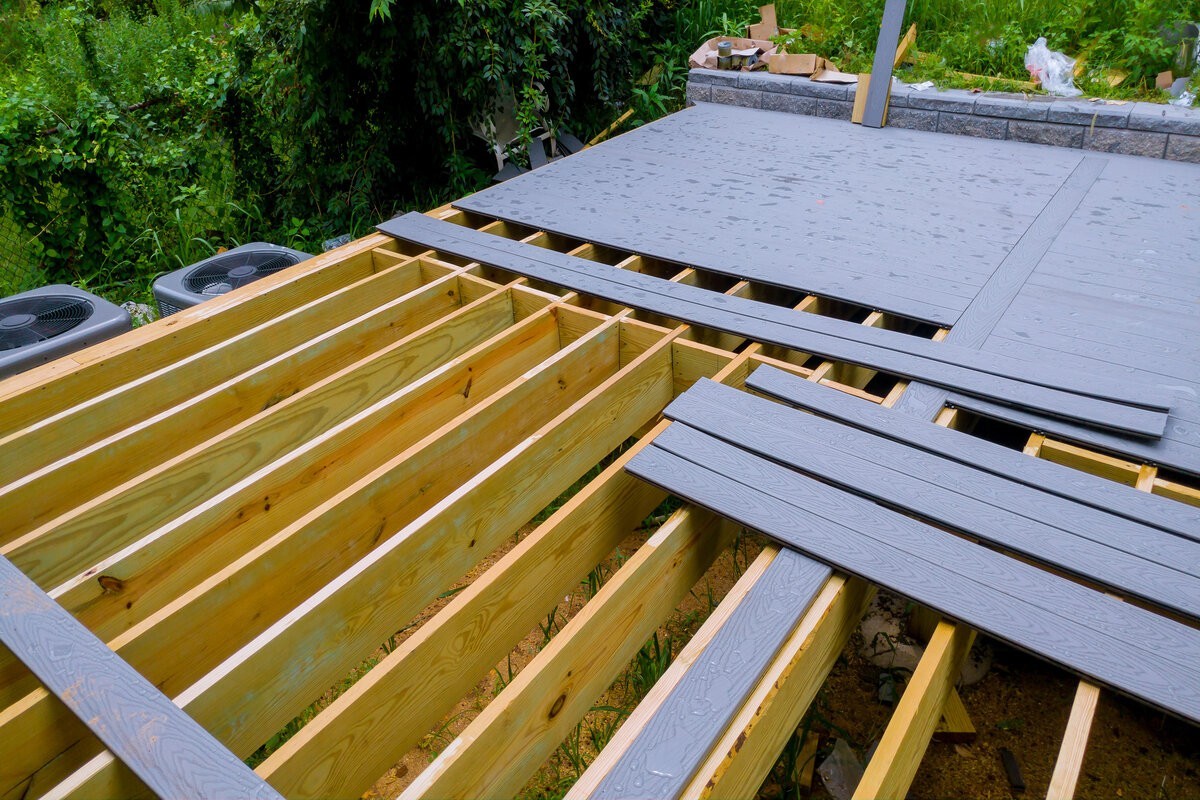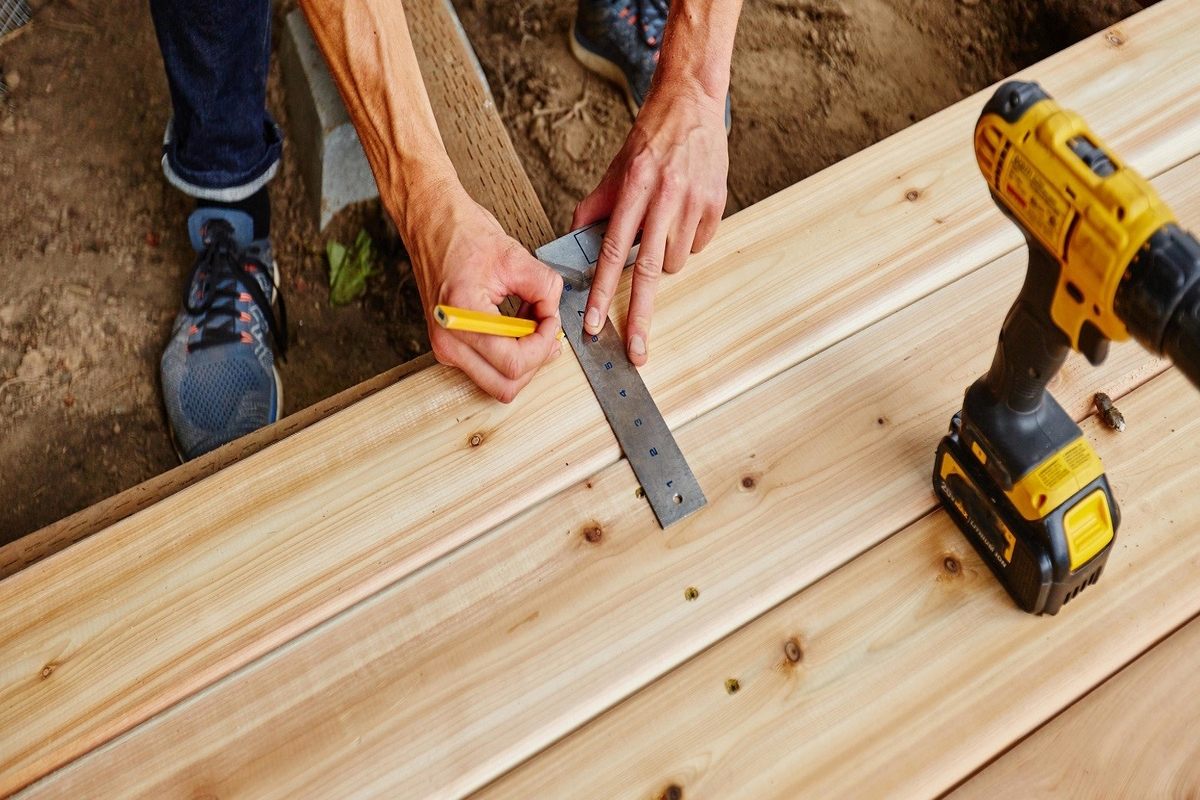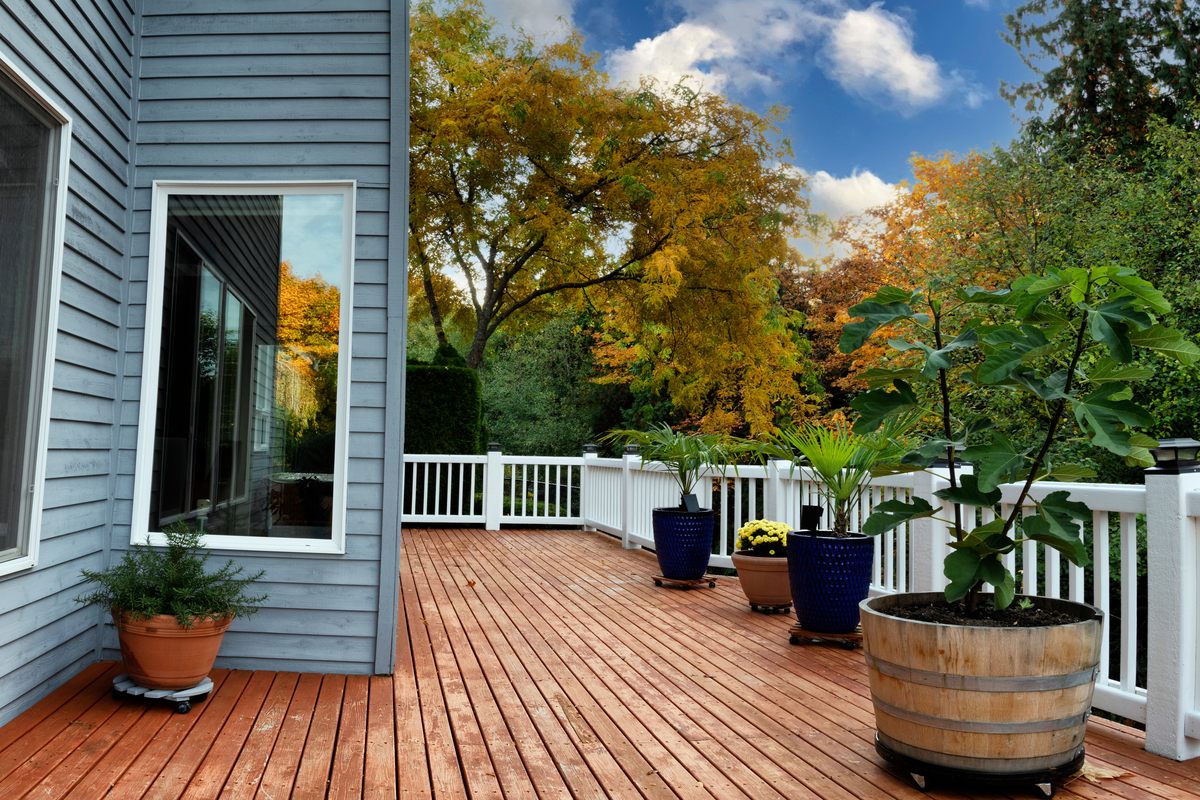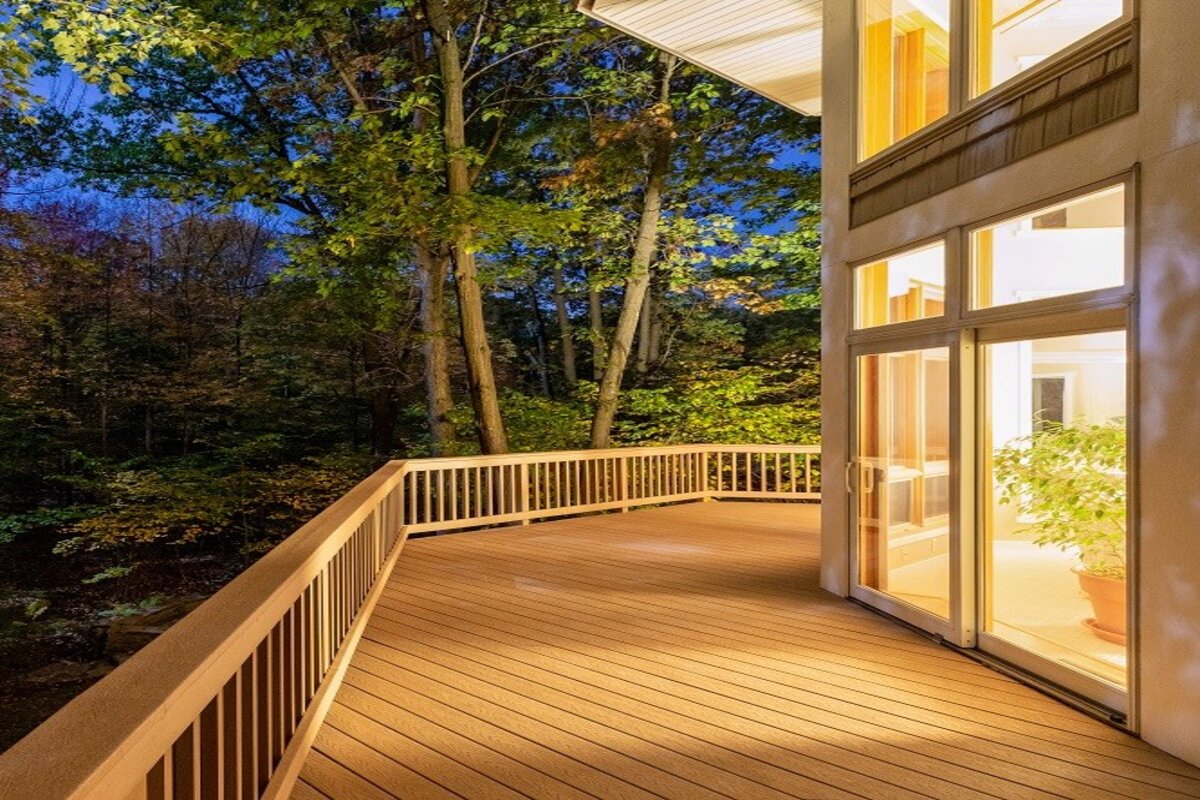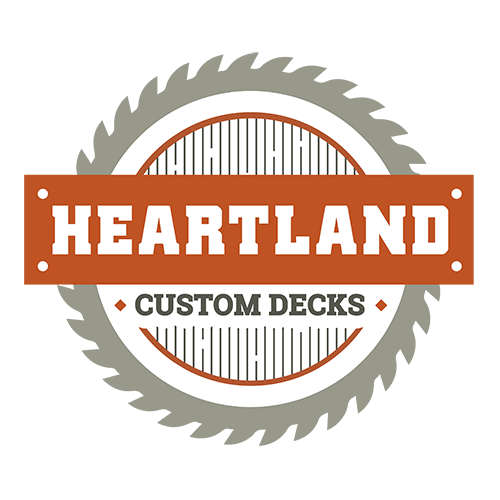The frame of your deck plays a critical role in how strong, safe, and long-lasting your outdoor space will be. It supports the entire structure and directly impacts how much maintenance your deck will need over time. Choosing the right frame is especially important when you are using composite deck boards, which are heavier than wood and require a stable base. Here, we will explain the differences between steel and wood deck frames, review the pros and cons of each option, and help you decide which type of framing is the best fit for your project.
Wood Deck Frames
Pros of Wood Deck Frames
- Cost-Effective: Wood is significantly more affordable upfront compared to steel. If you’re working within a budget, wood framing may be the way to go.
- Easier to Work With: Carpenters and contractors are typically more familiar with working with wood, which can lead to faster installation times.
- Durable When Maintained Properly: With the right care, including proper ventilation and exposure to some sunlight to help dry out moisture, a wood deck frame can last 20 to 30 years or more.
Cons of Wood Deck Frames
- Susceptible to Moisture: Wood can absorb moisture, leading to rot, warping, and decay over time.
- Pest Damage: Termites, carpenter ants, and other pests can weaken the frame’s structure.
- Requires Regular Maintenance: To ensure longevity, wood frames need periodic sealing, staining, and inspections to prevent water damage and insect infestations.
Steel Deck Frames
Pros of Steel Deck Frames
- Longer Lifespan: Unlike wood, steel does not absorb moisture, meaning it won’t rot or warp.
- Stronger and More Stable: Steel provides better structural integrity, making it ideal for supporting heavy materials like composite deck boards.
- Low Maintenance: Once installed, steel requires little to no upkeep.
Cons of Steel Deck Frames
- Higher Upfront Cost: Steel deck frames typically cost 30% to 50% more than wood frames at the time of purchase.
- Rust Risk: While steel does not absorb moisture, it can still be vulnerable to rust if the protective coating gets scratched. This is especially important in areas with high wildlife activity—squirrels, rabbits, or other animals scratching the steel can expose it to moisture, leading to rust.
- More Complex Installation: Not all contractors are familiar with steel framing, which can make installation more challenging and costly.
Composite Deck Boards: The Best Decking Choice
Pairing your deck frame with composite deck boards is an excellent choice for homeowners looking for a durable and low-maintenance deck.
Why Choose Composite Deck Boards?
- Resists Moisture & Rot: Unlike wood, composite materials won’t absorb water, reducing the risk of decay.
- Low Maintenance: No need for regular sealing or staining.
- Durable & Long-Lasting: Composite boards can last decades without warping or fading.
- Eco-Friendly: Many brands use recycled materials, making them a sustainable choice.
Pairing Composite Deck Boards with Different Frames:
- With Steel Frames: This combination creates a long-lasting and ultra-low-maintenance deck that resists moisture, pests, and warping.
- With Wood Frames: Composite boards work with wood, but the longevity of your deck will be limited by the lifespan of the wooden frame. Proper ventilation and maintenance are crucial.
Steel vs. Wood Deck Frames: Cost Considerations
While steel deck frames cost 30% to 50% more upfront, they can save you money in the long run due to reduced maintenance and longer lifespan. Wood frames, while more affordable initially, require ongoing care, which can add up over time.
Cost Breakdown:
- Wood Frame + Composite Deck Boards: Lower initial cost but higher long-term maintenance.
- Steel Frame + Composite Deck Boards: Higher initial investment but lower maintenance and greater durability.
Which Frame is Best for You?
The decision between steel and wood deck frames comes down to personal preference, budget, and maintenance expectations. If you’re looking for a long-term, low-maintenance solution, steel is the better investment. If budget is your top priority and you’re willing to maintain your deck, wood can be a viable option.
In Summary
Choosing between steel and wood deck frames is a significant decision that affects the longevity, maintenance, and overall performance of your deck. If you’re looking for a durable, low-maintenance deck, pairing a steel frame with composite deck boards is an excellent investment. However, if upfront cost is a concern and you’re willing to do some maintenance, a wood frame can still be a great choice.
At Heartland Decks, we specialize in building high-quality decks tailored to your needs. Contact us today to discuss your project, and let’s create the perfect outdoor space for your home.


